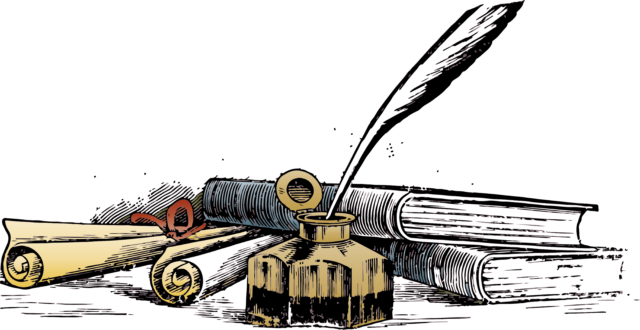Remote Control
April 15, 2021 by admin_name

Remote Control
Written by Nnedi Okorafor
www.ink2quill.com
“Remote Control” is a scifi, fantasy novella written by the Nigerian-American author Nnedi Okorafor who is the recipient of many awards for her works including Nebula Award, Macmillan Writer´s Prize for Africa, Hugo Award and many more. Her series include “Akata Witrch”, “Binti”, “Who Fears Death”, “Shuri” and “LaGuardia”.
Remote Control Goodreads webpage
“Remote Control” is the story of a young Ghanian girl, named Fatima Okwan, in the not-too-distant future. She lives in a town south of Accra, Ghana named Wulugu, with her parents and older brother, Fenuku. Her childhood is a typical one. She likes to climb trees and loves her mother´s cooking, specifically goat meat. She fetches her father cigarettes, (his only vice), and attends her town mosque. Her adventure begins on the day that she forgets her name and becomes Sankofa. She is called `The Daughter of Death´ because of the strange powers she suddenly possesses after a seed falls from the sky. Hers is the power of death that emanates from her turning her green and killing anything around her, except for her sidekick Movenpick the fox. And any machines or technology she touches instantly goes dead. This power is really more a curse than a blessing because Sankofa is a lonely girl, feared and despised by almost everyone. Her attempts at integrating herself into society are failures and lead to chaos and sometimes even death. This is as much the story of a girl on a quest, chasing the seed that fell from the sky and was taken from her, as it is someone making sense of a new world they find themselves in. She chases the seed that might provide answers as to why she can do the things she can.
The future world of Africa is an interesting one. There are still towns and roads with vehicles but some of those cars are driverless. Drones are commonplace and the TVs are called `jellie tellies´ which are made of gelatin and can be stretched and stuck to walls. It is a future world with `prayer shacks´ which are large containers without wireless for prayer. There are traffic robots and drones that keep traffic flowing and the busy intersections safe. I particularly liked the traffic robot called Steel Brother who was a revered figure in the Robotown community and brought the town a lot of business. The Africa of the future is a happier place to live than most not-too-distant future tales and for that reason I found it so much more realistic than most stories of the future.
The Africa, or more specifically Ghana, of this future was also a place of forests and jungles as well as cities and towns. It didn´t seem to have serious environmental problems like so many stories of the future do. Like I said before, drones are commonplace and act like extra sets of eyes for traffic robots like the Steel Brother in Robotown among other things. Automated vehicles are common too. The people of this future Africa are a lot like people today with their foibles and fears.
Two characters I really liked but that we did not get enough of were the owner of the hugely successful appliance business called Mr. Starlit Electronics, Alhaja Ujala. She is a resourceful and compassionate woman and could have been a great parental figure and friend to Sankofa. The other great character was Sister Kumi. She was a former engineer who designed the traffic robot, Steel Brother, and who became a religious figure. She would have been a great mentor to Sankofa. Sister Kumi and Alhaja were two characters who could have reintegrated Sankofa into society which is something, I have to admit, I was hoping for. It was my idea of a happy ending to the story. I wouldn´t say that the story has a happy ending but it is hopeful that Sankofa will eventually find her place in her new world. I have to say that I never lost respect for the protagonist in spite of her fearsome abilities and accidents.
This novella reads like mythology and that´s what makes it such a good read. I find deep symbolism in this simple story where a girl is given so much power that she loses her place in the world. The various themes of the story include isolation, loneliness, the loneliness of people with talent, the responsibility of power toward a group or community, the responsibility of a community toward an individual. And it´s also the story of someone turned pariah from one day to the next.
Nnedi Okorafor is a master story teller and this was a great read.
John Ink2Quill

Comments
Comments are closed.
